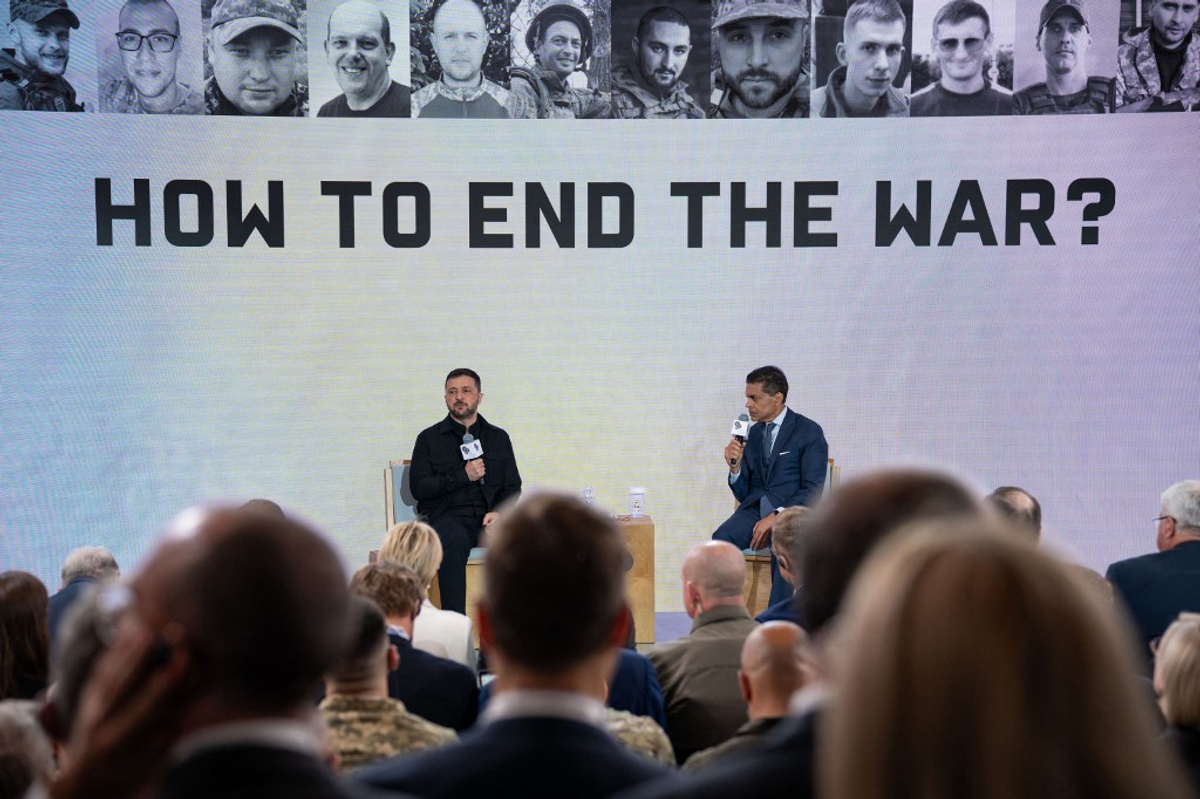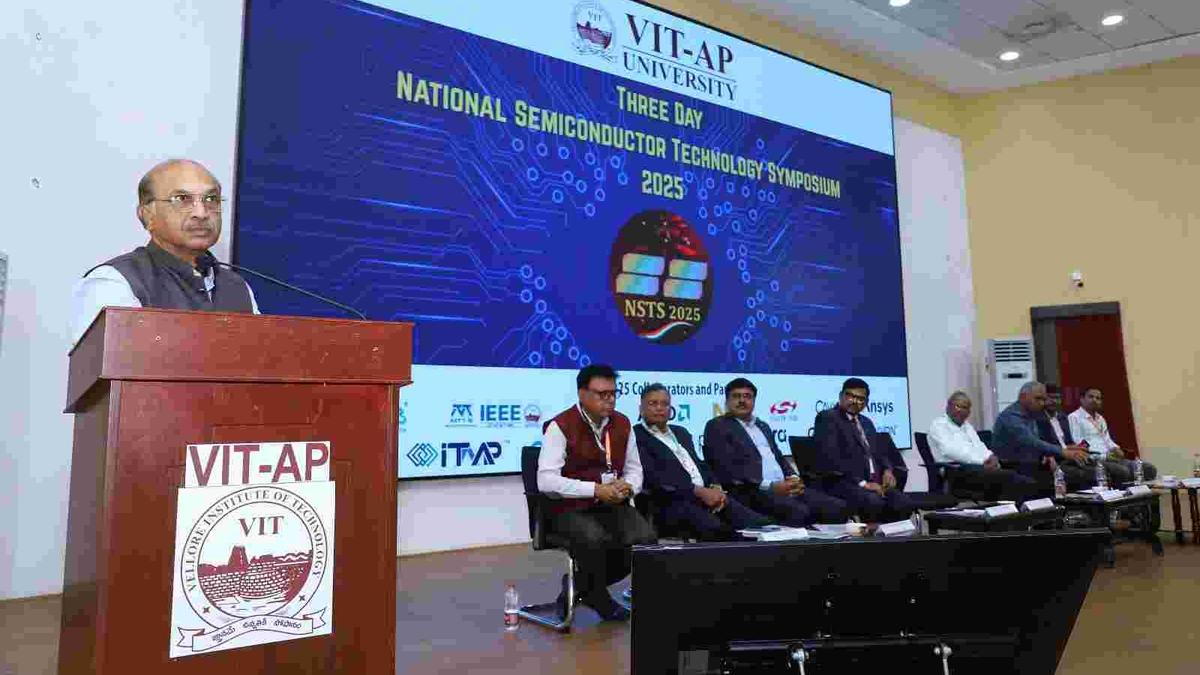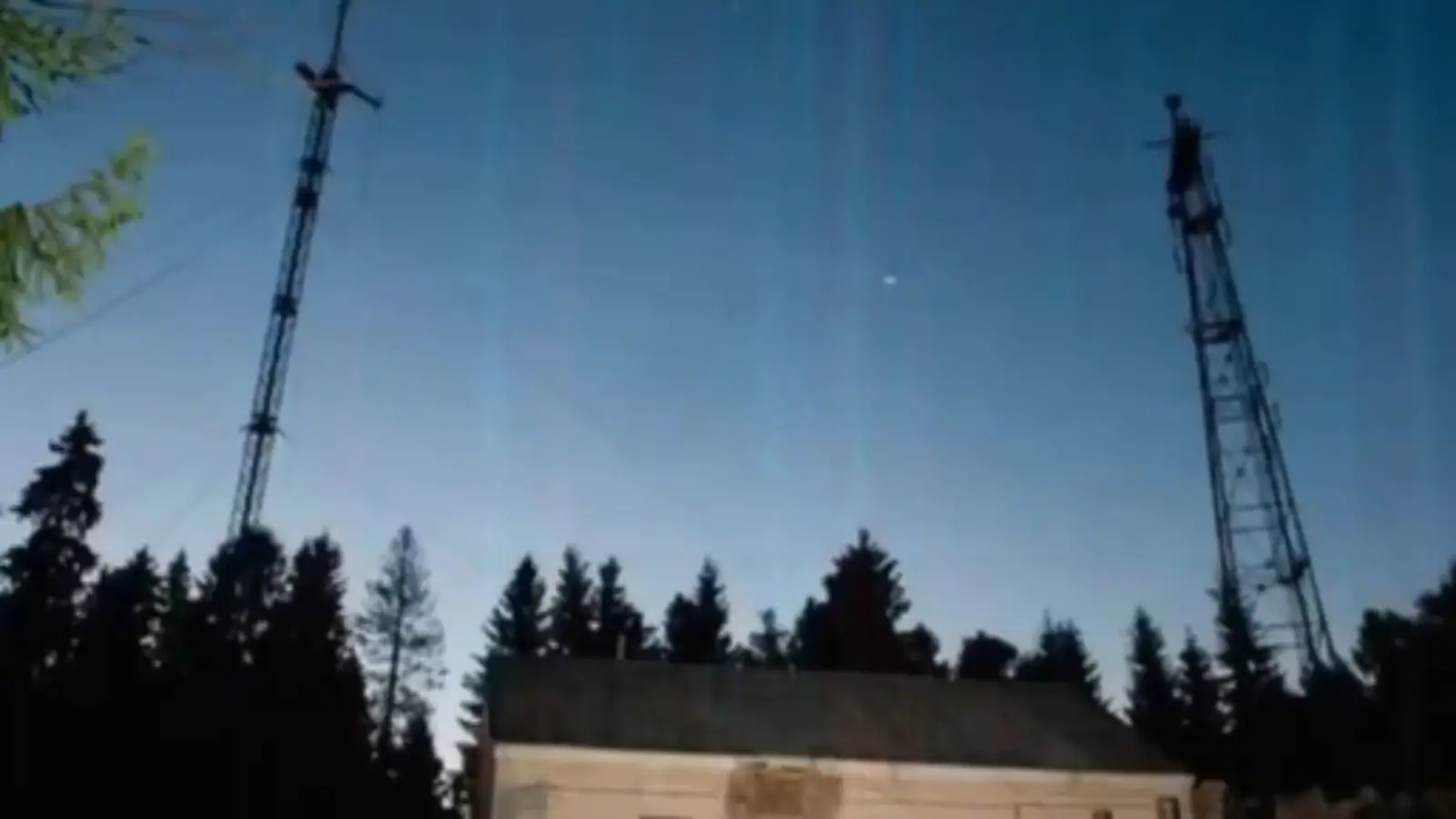By Julia Struck
Copyright kyivpost

Kyiv hosted the annual Yalta European Strategy (YES) 2025 conference on Sept. 12-13, titled “How to End the War?”
Over 800 politicians, diplomats, business leaders, Ukrainian servicemen, veterans, and experts from over 30 countries gathered to discuss Ukraine’s path to victory and lasting peace.
Leaders from Ukraine and around the world highlighted the need for military, technological, and economic support, rejecting territorial concessions and urging stronger sanctions on Russia.
Kyiv Post has gathered the key statements.
President Volodymyr Zelensky, addressing the YES conference, said that despite the difficult situation on the battlefield, Ukraine continues to hold the front. He emphasized the need to establish a joint, multi-layered air defense system with Europe and the United States, while intensifying pressure on Russia.
According to Zelensky, Russia’s advantage lies in numbers and new technologies, particularly drones, but claims of a rapid advance in the east are “disinformation.”
“What I heard: How they are advancing and that in three months they will occupy the east is a lie. They will not be able to do it in years,” Zelensky said.
He added that if Kyiv’s partners continue to support the Ukrainian military, Russia would be unable to use territorial gains as a bargaining chip.
Addressing NATO’s response after Russian drones entered Polish airspace, Zelensky said the alliance had not failed but emphasized the need to strike at Russia’s production facilities.
“I do not believe that NATO has failed. Where there is NATO, there is no war. We believe this is a strong alliance. During the war, there have been no massive strikes on the territory of a particular NATO country. But they have flown to Romania, Poland. I believe that we must respond,” he said.
Zelensky also called for tougher sanctions against companies supplying Russia with missile, drone, and military components. He warned that to intercept 800 Shahed drones, twice as many interceptors are required, urging partners to act quickly.
He stressed that the US has the power to influence the Kremlin and push Russian President Vladimir Putin toward dialogue, adding that he was ready to consider US President Donald Trump’s proposal on a possible negotiation format.
Zelensky expressed confidence that supplying Ukraine with modern air defense systems and combat aircraft would force Russia to halt its strikes. He underscored that security guarantees for Ukraine would mean security guarantees for all of Europe.
The president again rejected any notion of territorial concessions in exchange for peace, calling instead for stronger sanctions and asset confiscation.
“Only together can we achieve peace. And only if we give strong answers to all questions about this war,” Zelensky added.
Verkhovna Rada Head of the Budget Committee Roksolana Pidlasa said Ukraine is now spending $172 million every day on the war, up from $140 million a year ago.
She said the figure covers the salaries of military personnel, ammunition, and weapons – but also financial support for wounded troops, missing persons, and the families of the deceased.
According to Pidlasa, Ukraine spends 31% of its GDP on defense, the highest share in the world.
“You can say that Ukraine’s GDP is not that high. That’s true, but it’s worth remembering: Russia stole 11 years of growth from Ukraine. First, we managed to restore our pre-war GDP level in 2021, and then again in 2024, after the devastating consequences of the full-scale invasion,” she said.
Defense Minister Denys Shmyhal added that Ukraine will need around $120 billion for military spending next year, even if the war ends.
“If the war stops, we will need a slightly smaller amount just to replenish our reserves. Just to keep our army in good condition in case of a secondary aggression from Russia,” Shmyhal said.
Currently, Ukraine spends $40 billion annually on military needs – about 26% of its GDP, he said.
“Forty billion a year is what Ukraine contributed – 26% of our GDP. More than $100 billion is what the US spent thanks to the grant mechanism. Another $100 billion came from the European Union and the G7 countries,” Shmyhal told the conference.
He hinted that Ukraine’s wartime economy was not a choice, but a necessity.
“If Ukraine spends less than Russia, it pays with its territories and human lives.”
Commander of the Third Army Corps of the Armed Forces of Ukraine (AFU) Andriy Biletsky commented on Ukraine’s military technology development and mentioned the lessons learned – such as the need for a clear strategy to develop and scale new weapons.
“In 2022-2024, Ukraine dominated innovation: It was the first to create a total drone surveillance system, a heavy bomber drone, went through the FPV revolution, and established the operation of interceptor drones integrated with radars,” he said.
He said Russia is copying Ukraine’s success – and surpassing it in some regards.
“All this arose from below, from unit-level initiatives that we proudly highlighted in the media but did not scale at the state level. And now, in 2025, Russia, which followed in our footsteps, has already surpassed Ukraine in the number of FPV drones, continues to steal our technological solutions, and scale them. That is why we need a strategy for the military-industrial development of technologies and support,” he added.
According to him, the lack of a clear strategy for developing defense technologies complicates production at the national level. This allows Russia to use Ukrainian innovations against Ukraine itself, scaling them much faster.
Deputy Prime Minister and Minister of Foreign Affairs of Poland Radoslaw Sikorski questioned the effectiveness of the discussion on security guarantees for Ukraine.
“If there is any peace, then the next time Russia tries to do something against Ukraine, we can go to war with Russia. I don’t think that’s very plausible, because if you want to go to war with Russia, do it today. And I don’t see any volunteers,” he said.
“There is nothing more dangerous in international relations than giving guarantees that are not plausible.”
Sikorski suggested that discussions on security guarantees might have detracted allies from the more pressing issues.
“I have a question about this whole discussion on security guarantees. Ukraine already has guarantees – they were enshrined in the Budapest Memorandum. These guarantees were violated, and not only by Russia. I don’t see any evidence that Putin is going to make a deal. That’s why I’m worried that this discussion about a peacekeeping operation is distracting and demobilizing our politicians and our public from the more important task of finding money and equipment for Ukraine for next year and the year after that,” he added.
Former Polish President Aleksander Kwasniewski (1995–2005) said there is a need for “honest negotiations.”
“We can’t end the war because we have Putin and we have Russia. He is not interested in finding a way to end it. We must continue our support and assistance – military, financial, and diplomatic. We cannot waste time and effort on our internal problems – these are trifles compared to the war,” he said.
“For America – we need honest negotiations, and we need peace. I understand the temptation to get results faster. We must be smart, wise, and patient. This aggression cannot continue in the 21st century.”
UK Foreign Minister Yvette Cooper said Russia’s drone incursion warrants a strong response.
“We need to take the invasion of Polish airspace seriously. We need a strong response, otherwise Putin will continue to encroach on the stability and security of other countries. That is why we support the Article 4 process, we support Ukraine, and the development of unmanned systems. Ukraine has enormous technological expertise,” she said.
Former Prime Minister of the United Kingdom Boris Johnson (2019–2022) called for more economic pressure against the Kremlin.
“We need to change Putin’s strategic goals. We need more economic sanctions – we need to unblock frozen assets so that Ukraine can buy weapons. I will not stop emphasizing: we need Putin to understand that he has lost,” Johnson said.
“If he thinks that Ukraine still has a chance to be in his sphere of influence, he will keep insisting on it. The problem is that we are not sending a clear signal. We must state unequivocally that there is no other way.”
Ukrainian Foreign Minister Andriy Sybiha reiterated Kyiv’s call for a trilateral meeting to break the deadlock.
“We have every chance to win this war this year. But Russia wants to avoid sanctions. Putin wants to buy time and seize more Ukrainian territory. He wants to push the US out of peace talks. We must oppose Putin and his intentions. We must organize a meeting between Zelensky and Putin and/or a trilateral meeting with Trump and other European leaders.”
Finnish President Alexander Stubb hinted at optimism towards the US administration’s stance on Russia and Ukraine.
“Patience is needed in peace mediation. I don’t think direct military pressure is possible, but the United States is becoming increasingly disillusioned with Putin. You see that President Trump wants to increase economic pressure, if not military pressure. Russia knows how to endure pain in a way that we in the West find difficult to understand. The only thing Russia understands is strength, so that’s what we have to show,” Stubb said.
Estonian Defense Minister Hanno Pevkur likened Ukraine to the security guarantee for Europe itself.
“When we understand that the best security guarantee for Europe today is Ukraine with the strongest army in Europe, perhaps it will be easier for us to understand how to help Ukraine win this war,” Pevkur said.
Former Prime Minister of France (2024) Gabriel Attal said the world needs to pressure Russia through different avenues.
“We must be more effective in the fight against the shadow fleet. We must also help the Ukrainians destroy the oil refining complex. We must cause them the greatest pain — with intelligence, missiles, and oil,” Attal said.
Former Minister of Foreign Affairs of Lithuania Gabrielius Landsbergis (2020–2024) said Moscow’s invasion will not end diplomatically, but militarily – marking a contrast with Zelensky’s recent statements.
“We must recognize that this war will not be ended diplomatically – it will be resolved on the battlefield. Ukraine is showing us how to do it,” Landsbergis said.
Former Kherson mayor and political prisoner Volodymyr Mykolayenko illustrated the harsh reality of areas under Russian occupation.
“The Russians can beat you with rubber batons every day, they can torture you with electric shocks for many years, but they cannot defeat these men and women. They have chosen their path of evil, and it is difficult to turn back from it. They cannot turn their monster country into a civilized country,” Mykolayenko said.
“Ukrainians can be beaten and broken, but you will never turn a Ukrainian into a Russian – that is for sure.”



